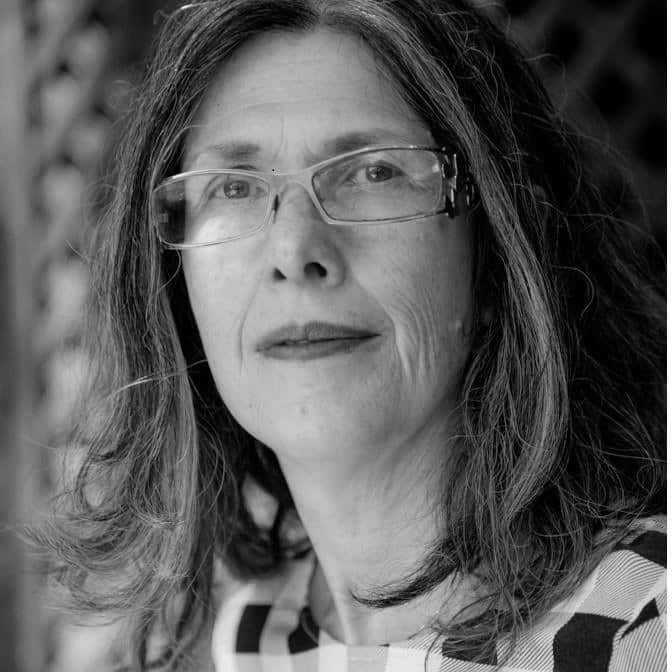So I’m recently back from London, a wonderful city where I went to attend a celebration at Leo Baeck College of 25 years of LGBT rabbis. I love traveling for many reasons, not the least of which is finding out again and again that I can land in a strange place, walk into a synagogue and pray the same prayers out of my Siddur that I pray at home. The melodies, accents and customs may be different, but the covenant—and the hospitality to strangers—are the same
.
One of the ladies I met at a Finchley synagogue (Finchley is one of London’s Jewish neighborhoods) had herself returned from a trip to Los Angeles. She told me that while she was here, there was some Jewish festival happening and, of course as L.A. will be at such times, the city was festooned with banners advertising the event. The rest of our conversation went something like this:
“I was so surprised to see those banners everywhere.”
“Surprised?”
“Well, here, we wouldn’t dare.”
“?”
“We have to be more discrete than that here.”
“?!”
Friends, this is a hard time to be an American. Drones and income inequality and intransigent racism and people lining up to scream at buses full of immigrant children. But it’s home. A home where there has never been a national church. Although there are those who wish to frame the USA as a “Christian country,” our founding documents give us every reason to say otherwise. We are a nation still struggling to realize our promises of equality and freedom. It’s the agonizing history of invasion and colonialism through which we began that forecloses any narrative of blood and soil on which some ‘organic’ ethnic or religious Americanism might be based—not that there aren’t those who try to impose one anyway.
But today, we Jews are free to be as civically active as any other Americans and to observe our religion proudly and openly. This freedom comes with its own risks. If we are free to practice our religion, it can sometimes appear as if we are free to forget it. Until we cast about for meaning or guidance, some positive direction in which to turn.
We have a great opportunity here. We do not have to practice a crabbed, defensive Judaism, defined, to any degree, in reaction to someone else’s prejudice. We get to practice a joyous, expansive Judaism; Judaism we embrace as a way of life because it has substantial, dynamic answers to the questions that come with being human.
Happy 4th. Good Shabbos.























 More news and opinions than at a Shabbat dinner, right in your inbox.
More news and opinions than at a Shabbat dinner, right in your inbox.